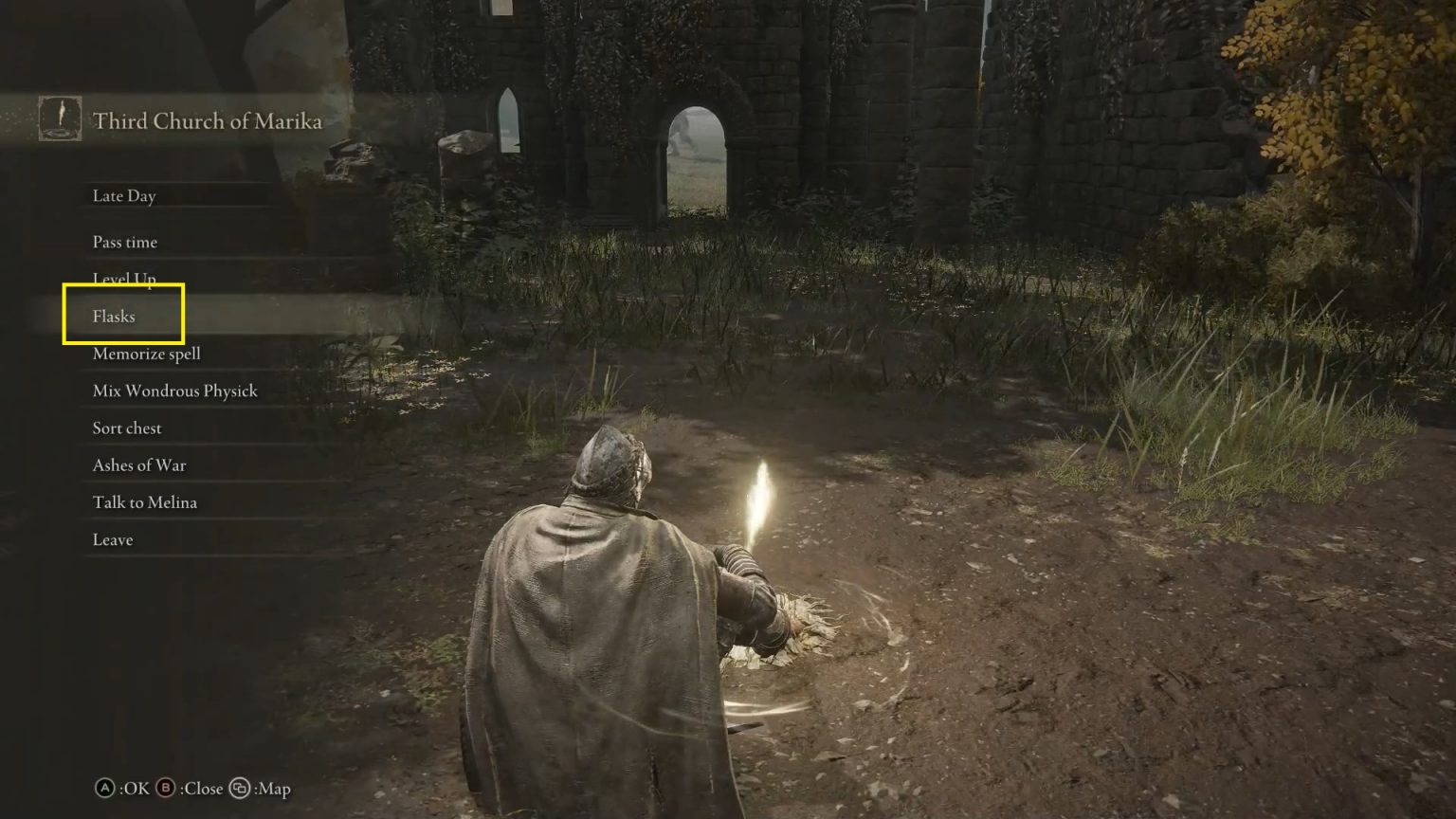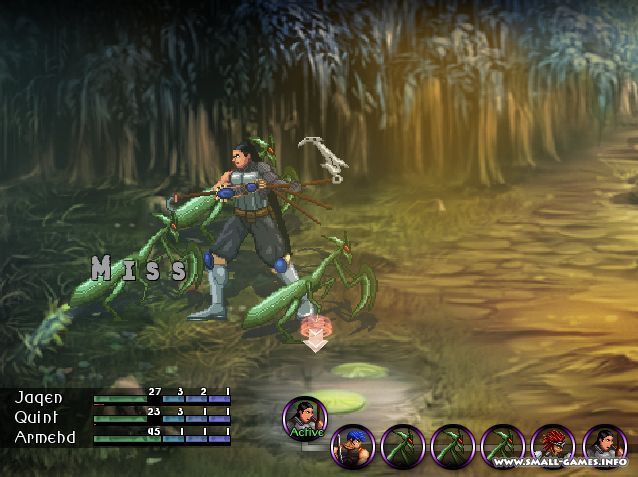

The other reason is that a militant is always a collective individual when you go back to thinking, and thinking of yourself, as an “I,” you cease to be a militant. This explains one of the two reasons why the first-person plural is used and not the singular: it was a collective process. For the sake of the fluency of the text, they have not been transcribed as interventions, but are directly incorporated into its development. Their contributions and questions were decisive in the spiral construction of the course, whose discursive style we have chosen to maintain here. The people who participated in the course-about thirty comrades from different generations, although mostly young-did so not to imbibe the words of the sacred scriptures but to find tools for rethinking the present, to dive down into the obscure ambivalences that bubble beneath the surface. In fact, the closest ally of that reality is everything that allows it to be endured by those who could or would like to fight against it. This consolatory form perhaps allows us to endure the current reality, but certainly not to fight it.

In periods like this, then, in which we are unable to glimpse any possibility of radical transformation on the surface, there is a widespread tendency to flee into ideology, or into the values of microcommunities, seen today in the “bubbles” of political activists both on social networks and in real life. Today we are faced with the problem that most political militants have stopped engaging in militant formation and critical reasoning. When we no longer have it or search for it, as premise and as conquest, we stop being militants. For a revolutionary militant, the point of view is an indispensable premise and at the same time that which must be continuously fought for. On the contrary, it is a process of constructing a point of view and a capacity for critical reasoning, of being able to continually call into question or subvert the knowledge being formed. It has nothing to do with indoctrination, based on ideological transmission, or with education, based on the transmission of preestablished values. The term “militant formation” ( formazione militante) should be clarified to avoid misunderstanding. We must reject both the exaltation of the new and nostalgia for the past, the desire for the “post-” or the “pre-,” as they are two sides of the same coin. Not because continuity is possible, but because for us discontinuity means assuming the operaist point of view of partisan collectivity on and against this world. To appropriate its wealth, to fight against its limits, to transform it into a political weapon. We will revisit that history, our history, to overturn it against the present: not to contemplate it but to set it alight. This began with its radical rereading of Marx and Lenin against the Marxism and Leninism that was dominant in the social-communist tradition, in both its Stalinist and so-called heretical versions. Despite its “-ism,” operaismo always refused ideology and any loyalty to sacred scriptures. Now, as then, tracing the history of operaismo doesn’t mean celebrating an icon or fixing an orthodoxy.


 0 kommentar(er)
0 kommentar(er)
